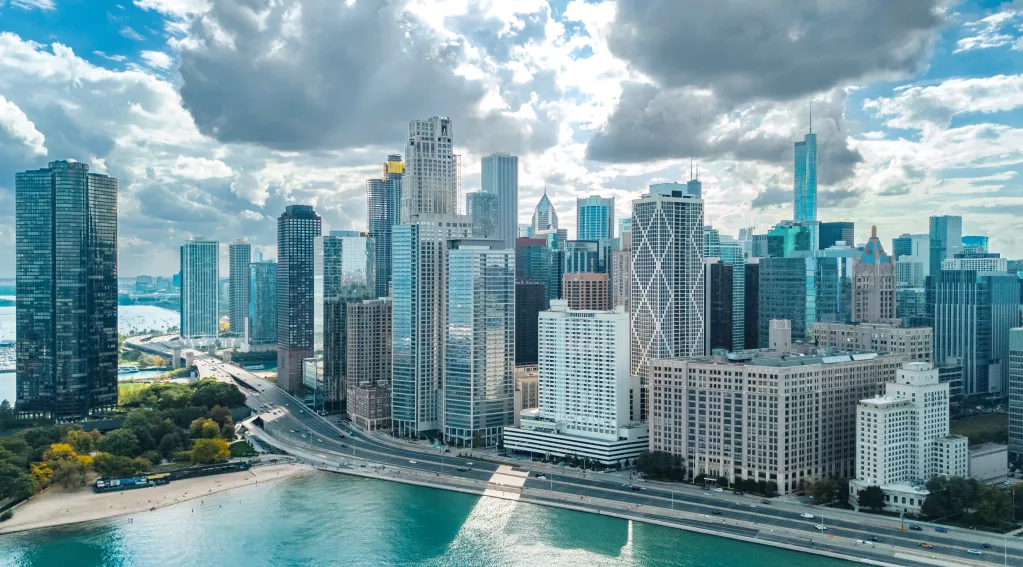Windy City Migrants Get Blown Out of Town

The chilly streets of Chicago are leaving some migrants cold, and they’re leaving town to head back south.
“The American Dream doesn’t exist anymore. There’s nothing here for us,” says a disgruntled Venezuelan national who is returning home with his family.
Though the city and state have spent tens of millions of taxpayer dollars to serve an estimated 20,000 migrants in their midst, problems are predictably mounting as the Biden administration continues to invite wholesale abuse of America’s asylum system.
It’s an ironic situation. “Asylum seekers” like 39-year-old Michael Castejon and his family acknowledge that they are actually economic migrants who are committing asylum fraud. Now they find themselves unable (or unwilling) to support themselves here.
“We didn’t know things would be this hard. I thought the process was faster,” Castejon said of access to job permits.
Another outbound Venezuelan in similar straits told a reporter as she boarded a bus to Detroit: “We heard there are a lot of jobs over there even if you don’t have a permit.”
Meantime, tempers are flaring as angry residents jousted at a recent Chicago Council meeting over whether the city should remain a sanctuary for migrants. Brayan Lozano, head of a volunteer group called the Police Station Response Team, said, “Word of the situation in Chicago is beginning to spread.”
Like thousands of other migrants, Castejon and his family ended up sleeping on the floors of police stations and crowded shelters. He had rented an apartment with a city voucher that provided $15,000 for up to six months of housing assistance, but after it ran out they were on the streets.
Nearly 12,000 migrants are living in shelters, or under tarps, while others sleep in walkways at O’Hare International Airport. In the meantime, buses from Texas continue to bring more aliens up from the border.
In a way, the current experience adds a new chapter to “The Jungle,” Upton Sinclair’s 1905 exposé about horrific conditions encountered by immigrants in the city’s slaughterhouses. Now, with neighborhoods plagued by sky-high crime rates, police have issued a citywide alert about violent Venezuelan gangs.
Whether migrants move on to other cities, or head back home, human and fiscal costs are mounting for migrants and citizens alike. This mess could have been largely avoided with the proper application of U.S. immigration law. The stories coming out of Chicago can be traced directly to Washington’s reckless border policies.

